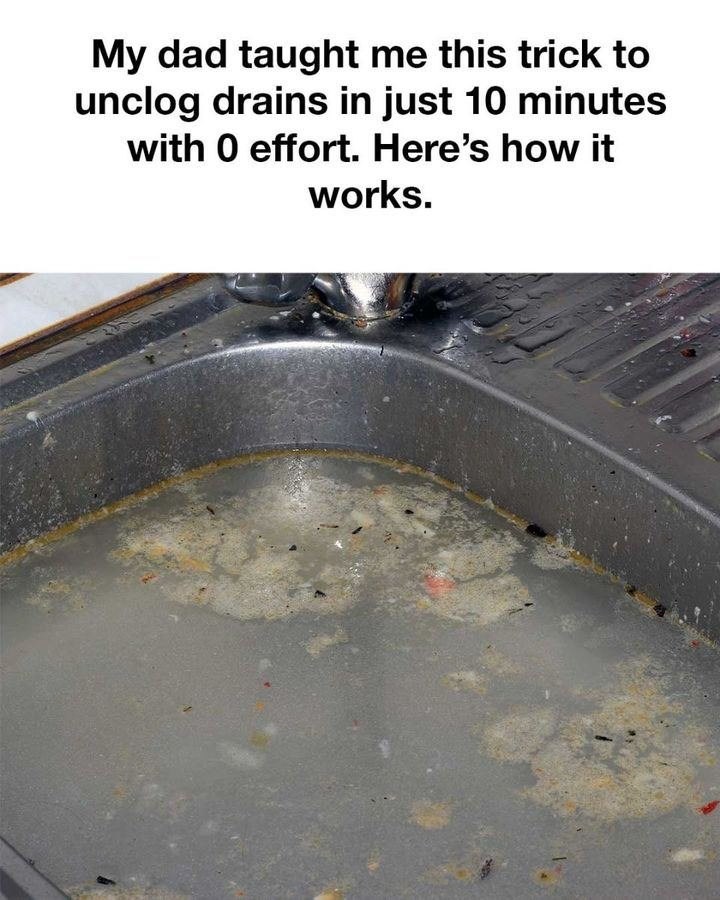ADVERTISEMENT
– **Older Metal Pipes**: While older metal pipes, such as those made of copper or cast iron, can withstand higher temperatures, they can still be affected by repeated exposure to boiling water. Copper pipes, for example, can expand and contract with heat, which may lead to corrosion or the loosening of joints. Cast iron pipes, while tough, can crack or become brittle over time if exposed to extreme heat.
#### **Thermal Shock and Expansion**
The rapid temperature change caused by pouring boiling water into cold pipes can result in thermal shock, which puts unnecessary stress on the plumbing system. This is especially true for cast iron and porcelain fixtures, which can expand or contract unevenly. Over time, this can cause cracks or other structural issues in your plumbing.
#### **Joints and Seals**: Many plumbing systems contain joints and seals that are designed to fit tightly and prevent leaks. However, prolonged exposure to boiling water can weaken these joints, causing them to expand or even crack, leading to water leaks. Once the seals are damaged, repairs are often costly and time-consuming.
### 2. **Clogging the Drain with Grease and Oils**
One of the most common reasons people pour boiling water down the sink is to try to clear grease or oil buildup. While hot water may initially break down the grease, it’s often not as effective as it seems, and it can cause even more problems.
#### **The Myth of Grease Dissolution**
Many people mistakenly believe that pouring boiling water down the sink will dissolve grease and clear blockages. In reality, while hot water may momentarily break down grease, it doesn’t truly eliminate the problem. The grease often solidifies again further down the drain, forming a more stubborn blockage that is harder to remove. This can lead to even more severe clogs, forcing you to use harsh chemicals or call a plumber to clear the pipes.
#### **The Grease Buildup Process**
When grease or fat is poured down the sink, it initially may be liquid due to the heat. However, as it cools in the pipes, it solidifies, clinging to the interior of the pipes. Over time, this accumulated grease forms a thick layer inside the pipes, gradually reducing water flow and leading to partial blockages. Pouring boiling water can temporarily loosen the grease, but it doesn’t truly clear it out, which means the issue can resurface. Additionally, repeated pouring of boiling water can cause the grease to harden more quickly in certain sections of your plumbing.
### 3. **Environmental Impact and Water Usage**
Pouring boiling water down the sink, especially in large quantities, also has environmental consequences. We must consider both the amount of energy used to boil the water and the waste of resources.
#### **Energy Consumption**
Boiling water consumes a significant amount of energy, especially if you’re doing it regularly. Heating water to a boil requires energy, whether you use a kettle, stove, or microwave. The energy used to boil water contributes to your overall energy bill, which could be reduced by finding alternative, more energy-efficient ways to clear clogs or clean the drain.
#### **Water Waste**
Regularly pouring large amounts of boiling water down the drain is wasteful. It’s important to be mindful of how much water we use and to seek ways to conserve resources. The unnecessary waste of hot water contributes to unnecessary consumption, which adds up over time, especially in households with high water usage.
#### **Potentially Harmful Effects on the Environment**
In areas where wastewater is not treated properly, the temperature of water being poured down the drain could negatively affect local ecosystems. Hot water can disrupt the balance of biological systems in the sewage treatment process or in bodies of water. Overheating water can harm aquatic life and impact the natural environment, further underlining the need for more responsible disposal of hot water.
For Complete Cooking STEPS Please Head On Over To Next Page Or Open button (>) and don’t forget to SHARE with your Facebook friends
